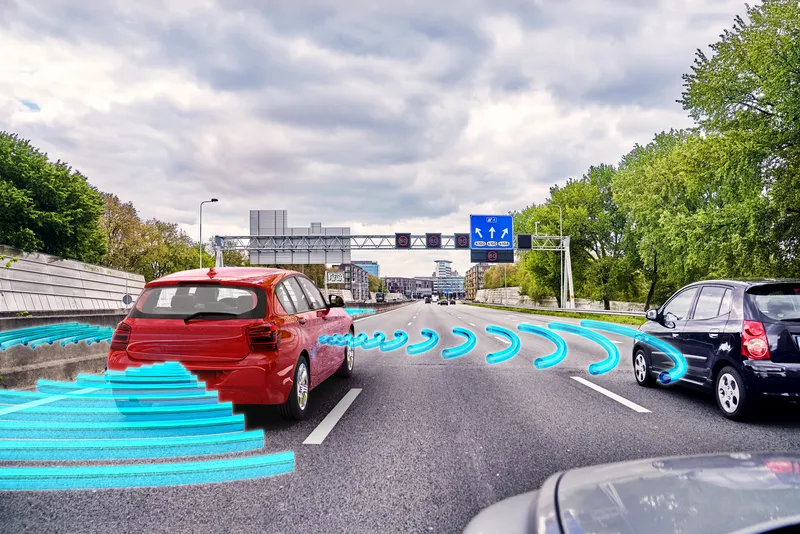The European Council for Automotive R&D (Eucar) has called for a number of priority automotive research and innovation (R&I) initiatives in Horizon 2020 to support competitive and sustainable road transport and for these initiatives to be supported by a substantial budget that reflects the sector’s social and economic contribution to Europe. Rémi Bastien, chairman of Eucar, set out the association’s recommendations on Horizon 2020 to an audience of MEPs and stakeholders at a seminar in the European Parliame
June 21, 2012
Read time: 2 mins
The European Council for Automotive Research & Development (Eucar) has called for a number of priority automotive research and innovation (R&I) initiatives in Horizon 2020 to support competitive and sustainable road transport and for these initiatives to be supported by a substantial budget that reflects the sector’s social and economic contribution to Europe.
Rémi Bastien, chairman of Eucar, set out the association’s recommendations on Horizon 2020 to an audience of MEPs and stakeholders at a seminar in the European Parliament. Horizon 2020 is the EU’s Framework Programme for Research & Innovation from 2014-2020. Presenting the recommendations, Bastien highlighted the importance of Horizon 2020 for automotive R&I.
He called for the proposed €80 billion (US$101.32 billion) Horizon 2020 budget to be maintained and for the legislation to be finalised as soon as possible.
To support automotive R&I effectively, Eucar says a suitable budget for automotive initiatives in Horizon 2020 is necessary. This should reflect the automotive industry’s direct contribution of 6.9 per cent to European GDP and road transport’s status as a cornerstone of European society, free movement and economic activity. Eucar therefore calls for a budget share of Horizon 2020 to be devoted to automotive R&I initiatives, which corresponds to the industry's direct contribution to the EU economy, saying it is essential to support the objectives of smarter, cleaner, safer and more integrated road transport and to support the global competitiveness of the European automotive sector.
Rémi Bastien, chairman of Eucar, set out the association’s recommendations on Horizon 2020 to an audience of MEPs and stakeholders at a seminar in the European Parliament. Horizon 2020 is the EU’s Framework Programme for Research & Innovation from 2014-2020. Presenting the recommendations, Bastien highlighted the importance of Horizon 2020 for automotive R&I.
He called for the proposed €80 billion (US$101.32 billion) Horizon 2020 budget to be maintained and for the legislation to be finalised as soon as possible.
To support automotive R&I effectively, Eucar says a suitable budget for automotive initiatives in Horizon 2020 is necessary. This should reflect the automotive industry’s direct contribution of 6.9 per cent to European GDP and road transport’s status as a cornerstone of European society, free movement and economic activity. Eucar therefore calls for a budget share of Horizon 2020 to be devoted to automotive R&I initiatives, which corresponds to the industry's direct contribution to the EU economy, saying it is essential to support the objectives of smarter, cleaner, safer and more integrated road transport and to support the global competitiveness of the European automotive sector.








